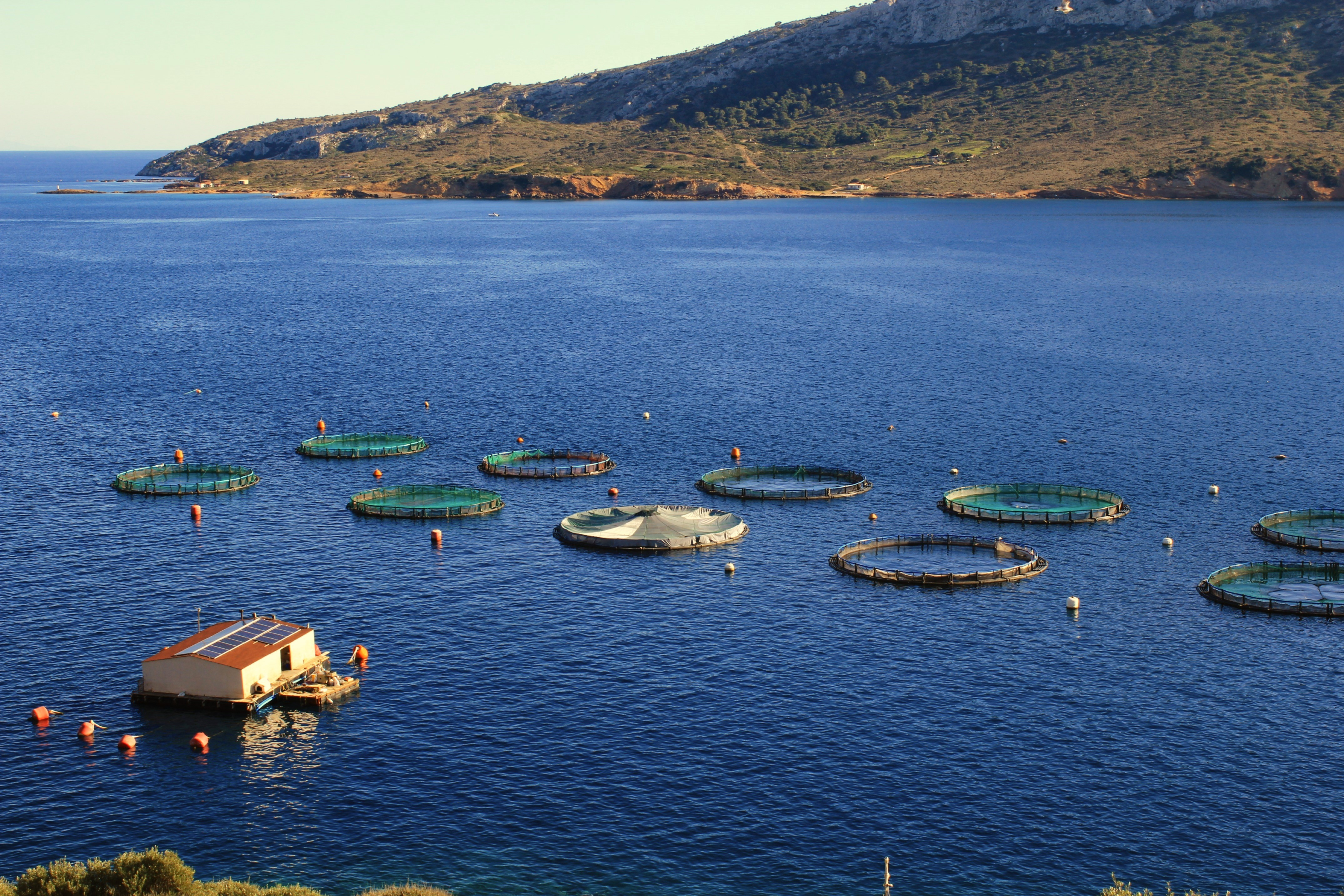The 5 corporate sustainability trends for 2023
The last few years have been incredibly intense for the sustainability areas of organizations. Keeping up with the pace of change, and performing accordingly, has been a major challenge.
Posts by:
Claudio is the Latin America CEO for M-Risk. He is a Commercial Engineer from the University of Chile and has a wide professional trajectory in technology, manufacturing, and service companies. He has worked at national and international companies in positions of regional scope. He has been involved in Corporate Finances for many years, which allows him to have a comprehensive view of the companies’ needs in ESG matters (environmental, social, and corporate governance) for the challenges to come in the next years.

The last few years have been incredibly intense for the sustainability areas of organizations. Keeping up with the pace of change, and performing accordingly, has been a major challenge.

Corporate Governance is understood as the set of rules, principles, policies, and procedures that regulate and define the structure and operation of a company's governing bodies. It establishes and regulates the relationships between shareholders, the board of directors, the management team, and stakeholders, regulating the decision-making process for long-term value generation.

Latin America is one of the regions hardest hit by climate change in the world. Brazil, Mexico, Venezuela, Chile, and Argentina are the countries most likely to experience extreme annual droughts. To combat this, countries have implemented national sustainable finance policies. That is, they have started to take social and environmental factors into account in long-term investment decisions.

Social concern for sustainable economic development has led investors to require more ESG information to determine where their interests will be best protected. The regulations, for their part, have not been left behind and have adapted to this new panorama. It is in this context that the Chilean Financial Market Commission (CMF) published the General Standard 461, which incorporates sustainability and corporate governance issues in the organizations' Annual Report.

Chile is the second-largest producer of salmon in the world after Norway, concentrating 26% of world production. In 2020, the Latin American country harvested 1,043,144 tons according to the Chilean Salmon Council. Maintaining production of this scale in a meticulous manner requires an ecosystemic approach that includes the management of industrial waste, involvement with the communities in the areas of influence, and proper management of legal responsibilities.

In the international debate on future economic progress, the concept of sustainable development has become a central element. Our lifestyles and ways of doing business have changed rapidly. In these developments, and in the definition of new development models, the environmental component has become increasingly important.

When we talk about the implementation of an Environmental Management System, we start to feel that we are going uphill, but it does not have to be a titanic task. The perfect is the enemy of the good, and the important thing is to start with something sufficient to perfect it over time.

A new challenge or new demand for organizations? The preparation of these reports (that consider environmental, social, and corporate governance aspects) will certainly require dedication and a cross-cutting effort, but also greater responsibility from the CFO.

The reasons can be wide-ranging, such as increasing profitability or making a positive impact on the environment. Whichever may be, implementing sustainability practices is an option that significantly contributes to business continuity in the long term.